6 Genius Ways to Make Your Family Values Stick
Having strong values is the glue that keep families together and help kids have healthy development. Here are 5 Ways to Live Out Family Values and make them strong.
Parenting ideas and tips and how to be the best parent for your kids.
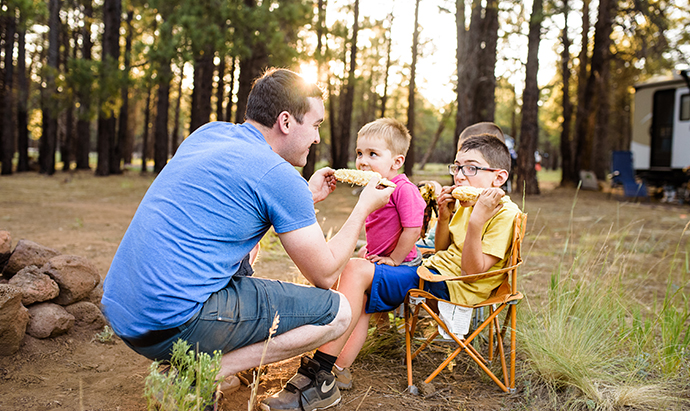
Having strong values is the glue that keep families together and help kids have healthy development. Here are 5 Ways to Live Out Family Values and make them strong.
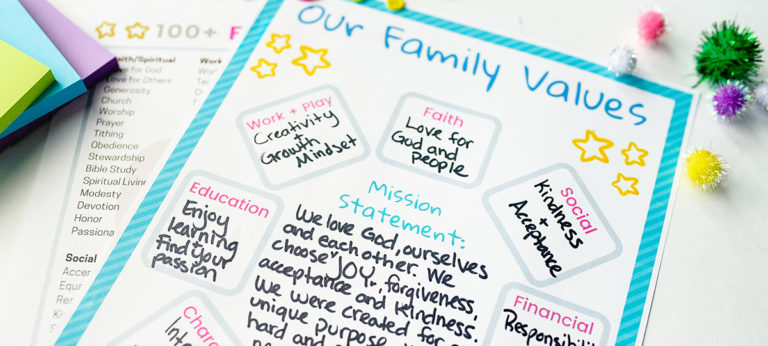
Family values are the glue that hold families together. Writing down these values make people feel more powerful, in control, proud and strong. This practice also helps kids feel more connected and loved by their family. Use this free family values list and worksheet to discover and define your family values!
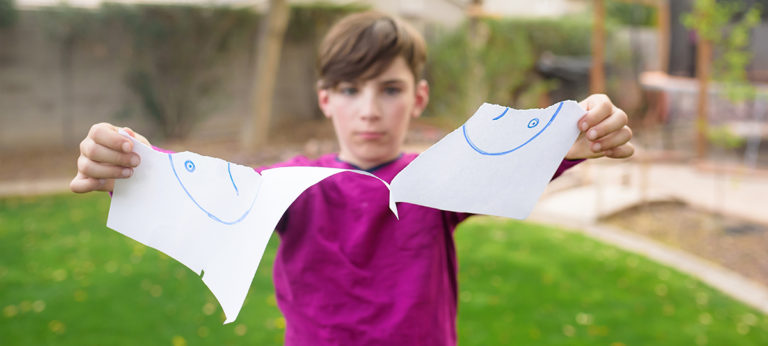
Some kids struggle with behavior. Understanding what is beneath the surface is important so you can create a strong relationship with your child. Not everyone is going to understand and that’s okay. What’s important is that you champion your child and focus on his or her strengths instead of the weaknesses.

In order to develop a strong parent-child relationship, you must find ways to connect with your child. This means when they are acting the way you like them to and when they are not! Connect first before correction and you’ll be amazed at how they start to self-correct.

The absolutely best way to get kids to listen is to connect with them first. Before jumping into correcting, scolding, nagging or yelling, instead, take the time to make them know you see and hear them first. Here is the science behind why this works.

In order to raise good humans who can overcome challenges, love others and be interdependent, the absolute best way to do this is by helping our kids build resilience.
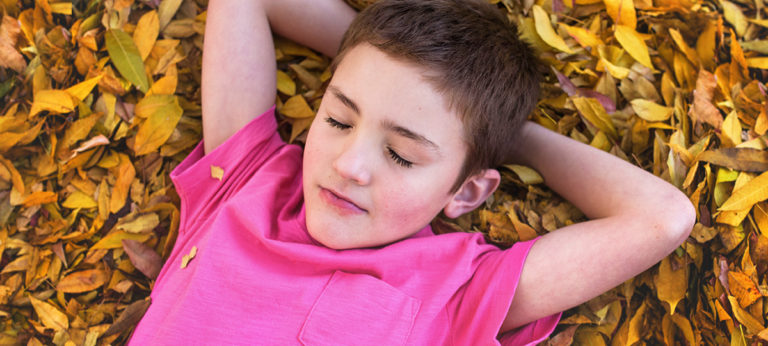
Helping kids develop a sense of self-awareness can go a long way. it can help them be nicer to their siblings and friends, become good problem-solvers, handle big emotions and understand their purpose in this world. Here are seven ways to help kids develop this invaluable skill!
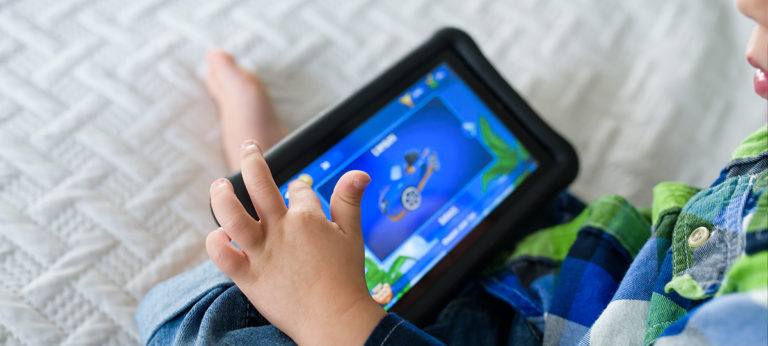
I have breaking news!! Kids do not need high tech toys and gadgets for development, self-regulation, and executive functioning or to make them learn faster or better!
What babies, toddlers, preschoolers, and school-aged kids really need is human interaction. They also need ways to expand their minds.
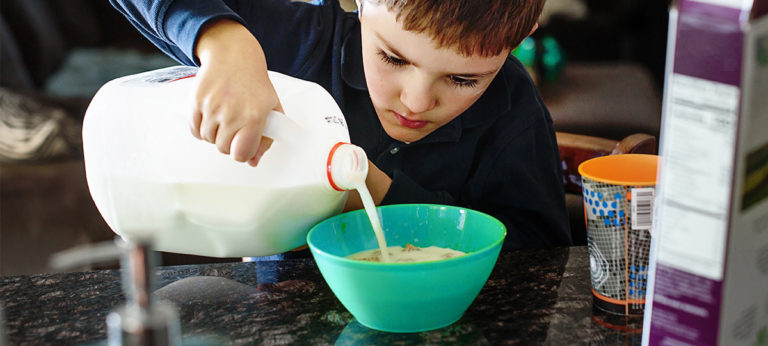
I’m so excited to feature Sierra, a content creator for The Zebra. It is a site that compares auto insurance quotes for users! She wrote…

The holidays are full of excitement and for some kids it’s too much especially for those who suffer from an anxiety disorder. Learn what to look for and how to effectively help your child.
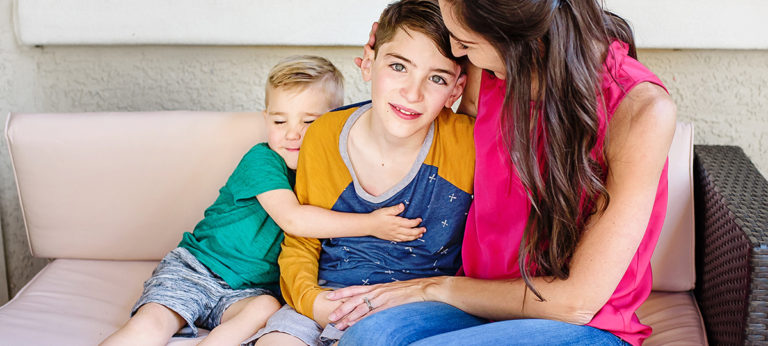
When you think about gratitude, you probably think of saying thank you or teaching your child to say those words at appropriate times. However, gratitude is a little more than that. There are many ways to teach kids how to be thankful!
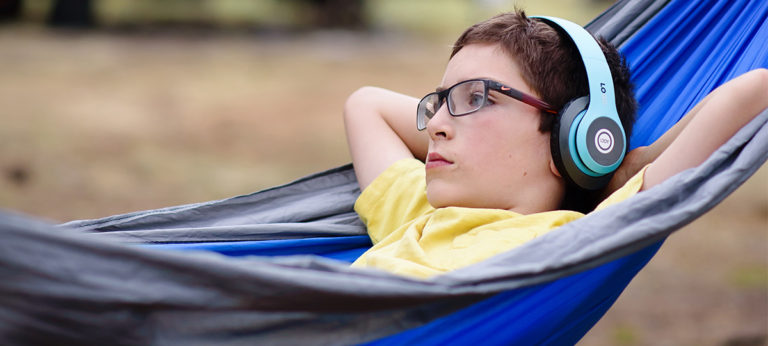
It can be hard for kids to show appreciation. What might seem like entitlement can actually be a few other things. Find out all the reasons kids can be ungrateful.